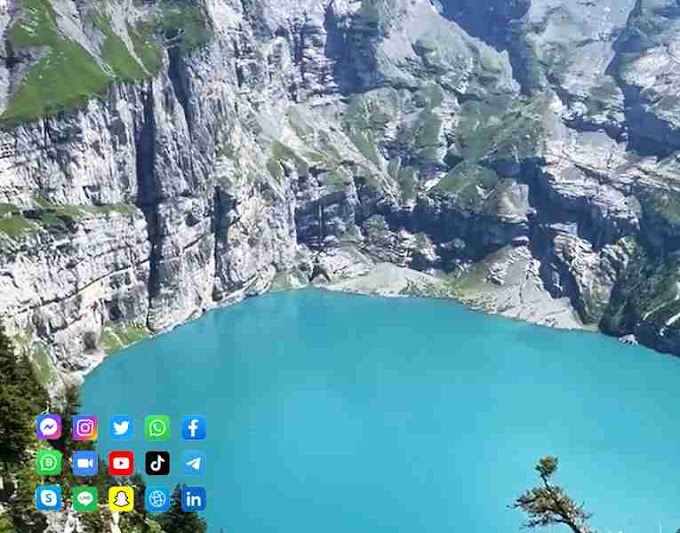The Most Popular Hashtags Used During National Holidays
National holidays are
significant occasions that people celebrate across the globe, often
characterized by various social gatherings, cultural events, and community
activities. As the digital landscape continues to evolve, social media
platforms have become crucial for individuals and organizations to share their
experiences and sentiments during these festive times. One of the most
effective ways to connect with a broader audience on these platforms is through
the use of hashtags. This essay explores some of the most popular hashtags that
emerge during national holidays, examining their significance and impact.
The Importance of Hashtags
Hashtags serve as a tool for
categorization and facilitation of discussions online, allowing users to easily
find and contribute to content related to specific topics. By using relevant
hashtags, individuals can amplify their messages, engage with communities, and
participate in larger conversations. During national holidays, hashtags often
encapsulate the spirit of the celebration, their cultural significance, and
promote a sense of unity among users.
Popular Hashtags for Major National Holidays
1. #IndependenceDay: In the
United States, the Fourth of July is celebrated as Independence Day,
commemorating the nation’s declaration of independence from British rule. The
hashtag #IndependenceDay is widely used to share images of fireworks,
barbecues, parades, and patriotic displays. This hashtag fosters a sense of
national pride, allowing citizens to connect over their shared history and
traditions.
2. #Thanksgiving: In the
U.S., Thanksgiving is a time for gratitude, family gatherings, and feasting.
The hashtag #Thanksgiving trends during late November, highlighting posts that
showcase family reunions, traditional meals, and expressions of thankfulness.
Related hashtags such as #ThanksgivingDinner and #Gratitude also gain traction,
reflecting the holiday's emphasis on togetherness and appreciation.
3. #Christmas: As one of the
most celebrated holidays worldwide, Christmas inspires a plethora of hashtags.
#Christmas encompasses a wide range of content, from festive decor and gift
exchanges to religious observances. Other popular variations include #MerryChristmas,
#ChristmasSpirit, and #HolidaySeason, which capture the warmth and joy
associated with the holiday.
4. #NewYear: The transition
into a new year sparks celebrations globally, with many adopting the hashtag
#NewYear to share their resolutions, festivities, and reflections on the past
year. Related hashtags like #NewYearsEve or #HappyNewYear also become popular,
encapsulating the excitement and hope that accompanies the start of a new
chapter.
5. #LaborDay: In the United
States, Labor Day is celebrated in honor of workers and their contributions to
society. The hashtag #LaborDay typically accompanies posts related to picnics,
parades, and other leisure activities, while also emphasizing workers' rights
and achievements. It serves as a platform for discussions on labor policies and
social justice.
6. #Holidays: As a broad and
inclusive term, #Holidays encompasses various celebrations, including
Christmas, Hanukkah, Kwanzaa, and New Year’s. This hashtag is especially
popular because it allows users from different backgrounds and traditions to
share their unique celebrations, promoting cultural exchange and diversity on
social media.
#Conclusion
In conclusion, hashtags play a vital role in enhancing the experience of national holidays by connecting individuals and communities through shared narratives and experiences. The popular hashtags explored in this essay—such as #IndependenceDay, #Thanksgiving, #Christmas, #NewYear, #LaborDay, and #Holidays—demonstrate how people use social media to express their joy, gratitude, and reflections during these special occasions. As social media continues to shape the way we celebrate cultural traditions, hashtags will remain an essential tool for fostering community, inclusivity, and shared understanding, ultimately enriching the experience of national holidays in our increasingly digital world.
Author: Mohammad Khairul Alam









